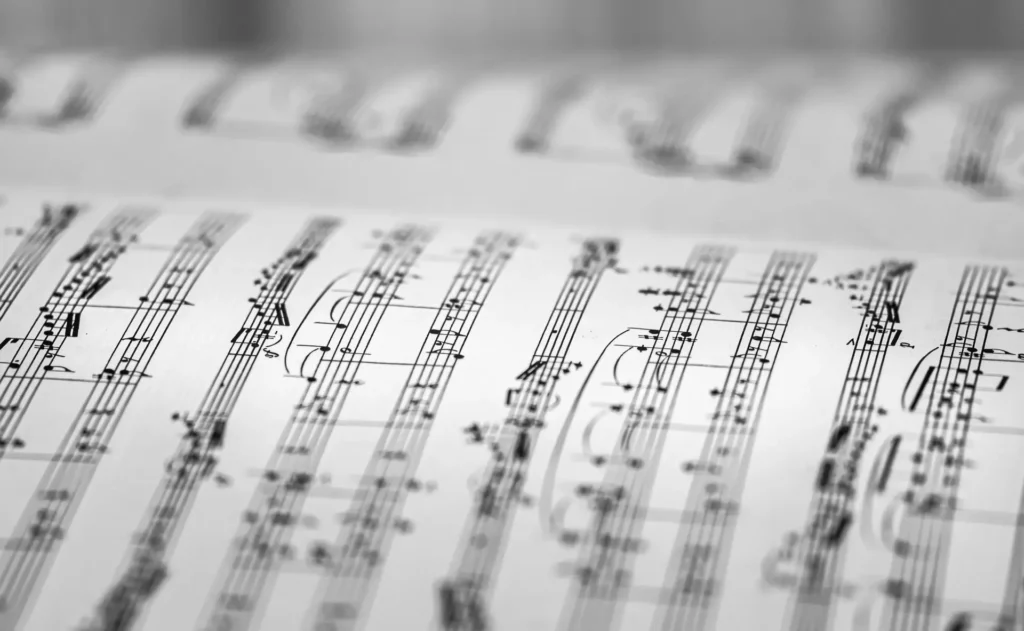
Music Theory
Music theory is the fundamental framework that underlies the creation and understanding of music. It encompasses a set of principles and rules that help musicians analyze, compose, and communicate musical ideas. At its core, music theory provides a systematic approach to organizing and interpreting the elements of music, including pitch, rhythm, harmony, and form. Through the study of music theory, musicians gain a deeper appreciation for the structure and logic inherent in compositions, allowing them to enhance their performance skills and engage more fully with the art of music.
One crucial aspect of music theory is the study of harmony, which involves the understanding of how chords and their progressions create the tonal landscape of a piece. Harmony guides the emotional and expressive content of music, influencing the listener’s experience and connecting various musical elements. Additionally, music theory delves into rhythm and meter, exploring the patterns of time that shape musical phrases and contribute to the overall flow of a composition. By learning about these foundational elements, musicians can better interpret musical scores, improvise with greater fluency, and compose original works that reflect a deep understanding of musical structure.
Music theory is not just an academic pursuit; it serves as a practical tool for musicians in various genres and traditions. Jazz musicians, for example, often rely on complex harmonic progressions and modal interchange, while classical composers use intricate counterpoint and form to shape their compositions. Understanding music theory allows musicians to communicate effectively with each other, providing a common language for discussing musical ideas and collaborating on performances. Overall, music theory serves as an invaluable guide for musicians, helping them unlock the secrets of musical language and fostering a deeper connection with the art form they love.
To book your first lesson, submit a Contact Form by clicking the link below
